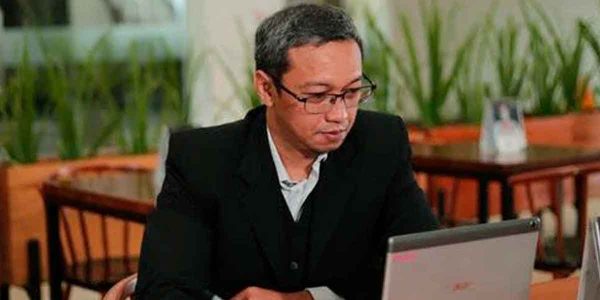What Does a Probate Attorney Do After a Will is Discovered? | Morgan Legal Group PLLP
When a will is discovered after someone’s passing, it sets in motion the probate process, which involves the legal validation and administration of the will. During this time, a probate attorney is crucial in guiding the executor, beneficiaries, and other involved parties through complex legal procedures. This blog will explore what a probate attorney does after a will is discovered.
1. Confirming the Validity of the Will
The first step for a probate attorney after a will is discovered is to confirm its validity. The attorney will carefully examine the document to ensure it meets all legal requirements for a valid will. This includes verifying the testator’s signature, the presence of witnesses, and the absence of any undue influence or coercion. By confirming the will’s validity, the probate attorney establishes its legal standing and lays the foundation for the probate process.
2. Advising the Executor
The executor is responsible for overseeing the probate process and carrying out the instructions in the will. A probate attorney advises the executor on their legal duties and responsibilities. The attorney will guide the proper procedures for probate administration, ensuring compliance with state laws and regulations. This may include preparing and filing necessary legal documents, notifying beneficiaries and creditors, and managing the distribution of assets.
3. Notifying Beneficiaries and Creditors
After the discovery of the will, a probate attorney assists in notifying the beneficiaries named in the will. The attorney ensures that the beneficiaries receive proper notice of their entitlements and rights under the will. Additionally, the attorney helps the executor identify and notify any creditors who may have claims against the estate. This includes handling creditor claims, resolving disputes, and protecting the interests of the estate and the beneficiaries.
4. Representing the Estate in Legal Matters
During the probate process, various legal matters may arise that require the expertise of a probate attorney. The attorney represents the estate’s interests in legal proceedings, such as will contests, disputes among beneficiaries, or challenges to the will’s validity. The attorney will provide legal counsel, prepare legal documents, and advocate for the estate’s position. The goal is to protect the estate’s assets and ensure that the law carries out the testator’s wishes.
5. Resolving Estate Debts and Expenses
A probate attorney assists the executor in managing the financial aspects of the estate. This includes identifying and addressing outstanding debts, such as mortgages, loans, or unpaid taxes. The attorney ensures that proper procedures are followed for settling these debts and expenses and that the estate’s assets are used appropriately to satisfy its obligations. By effectively managing the estate’s financial affairs, the attorney helps protect the estate’s value and ensures a fair distribution to the beneficiaries.
6. Overseeing Asset Distribution
One of the primary responsibilities of a probate attorney is to oversee the distribution of assets according to the instructions in the will. The attorney ensures that the executor follows the proper procedures for asset transfer, such as obtaining appraisals, obtaining necessary court approvals, and addressing any specific conditions or restrictions outlined in the will. This includes distributing assets to the beneficiaries, transferring ownership of real estate or other properties, and handling the transfer of financial accounts.
7. Handling Estate Tax Matters
A probate attorney is also responsible for handling any estate tax matters that may arise during the probate process. The attorney helps the executor determine if any estate taxes are owed and guides them through the necessary steps to fulfill these tax obligations. This may involve working with accountants or tax specialists to prepare and file the required tax returns and ensure compliance with applicable tax laws.
8. Resolving Disputes and Mediating Conflicts
Disputes and conflicts among beneficiaries or other interested parties can arise during probate. A probate attorney is critical in resolving these disputes and mediating conflicts. The attorney will work to find common ground, facilitate communication, and seek amicable resolutions whenever possible. In more contentious cases, the attorney may represent the estate’s interests in court and advocate for a fair and equitable outcome.
9. Providing Legal Counsel and Guidance
A probate attorney provides legal counsel and guidance to all parties involved throughout the probate process. This includes advising the executor on their fiduciary duties, helping beneficiaries understand their rights, and addressing legal concerns or questions. The attorney’s expertise and experience in probate law ensure that the law carries out the probate process and that all parties are well-informed and protected.
Consult a Skilled Probate Attorney in Miami
If you have discovered a will and require legal assistance with the probate process, consulting with a skilled probate attorney is crucial. At Morgan Legal Group PLLP, we specialize in probate law and provide comprehensive legal services to clients in Miami. Our experienced attorneys will guide you through the probate process, handle all legal aspects of estate administration, and ensure that the testator’s wishes are respected.
Whether you are an executor, beneficiary, or creditor, our dedicated team is here to provide the professional guidance and support you need. Contact Morgan Legal Group PLLP today to schedule a consultation and learn how we can assist you with your probate needs in Miami.











